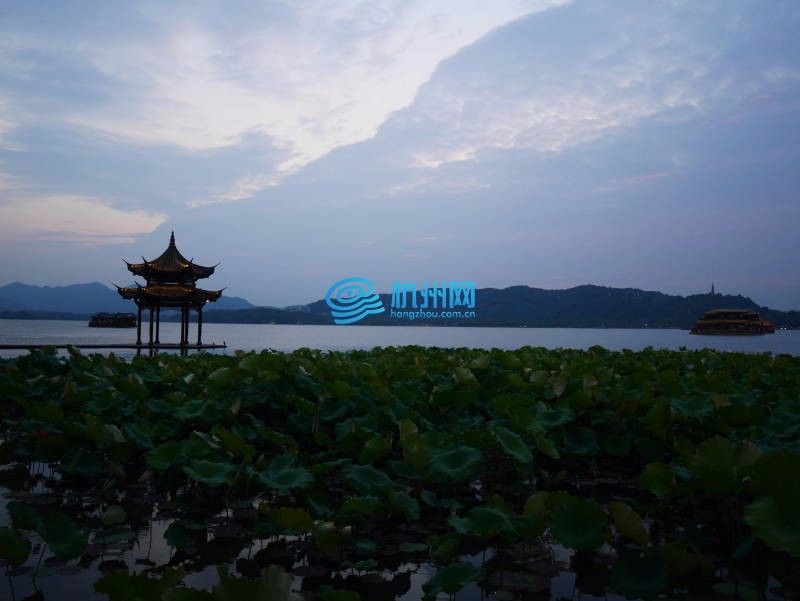Hangzhou, known as Hang for short and formerly called Lin'an and Qiantang, has a span of over 2,200 years since it became a county in the Qin Dynasty. The city was the capital of the Kingdom of Wuyue and the Southern Song Dynasty. Today, Hangzhou is the capital and the economic, cultural, science and education center of Zhejiang Province. Hangzhou is also one of the central cities in the Yangtze River Delta. The city is situated at the southern tip of the Grand Canal, along the lower reaches of the Qiantang River, on the south-eastern coast of China. By 2019, the city had a permanent population of 10.36 million, with an urban population of 8.1326 million or 78.5%.
Of its rich natural and historical heritage, the West Lake culture, Liangzhu culture, silk culture and tea culture as well as a vast number of folk stories handed down from age to age are representative. Further, the city is well known as Heaven on Earth for its scenic and enchanting beauty.
Hangzhou boasted a major commercial distribution center, by virtue of the Beijing-Hangzhou Grand Canal, a treaty port itself, and its flourishing silk and grain industries. Its light industry followed with rapid development boosted by the Shanghai-Hangzhou Railway and imports and exports trading in Shanghai. Since the turn of a new century, hi-tech enterprises like Alibaba Group emerged in Hangzhou. As a result, Hangzhou has become a significant hub of e-commerce, and the Internet economy has become a new economic growth point in Hangzhou. Hangzhou ranked seventh amid China's Top 100 Cities in 2017 and is the host city of the 2022 Asian Games.







